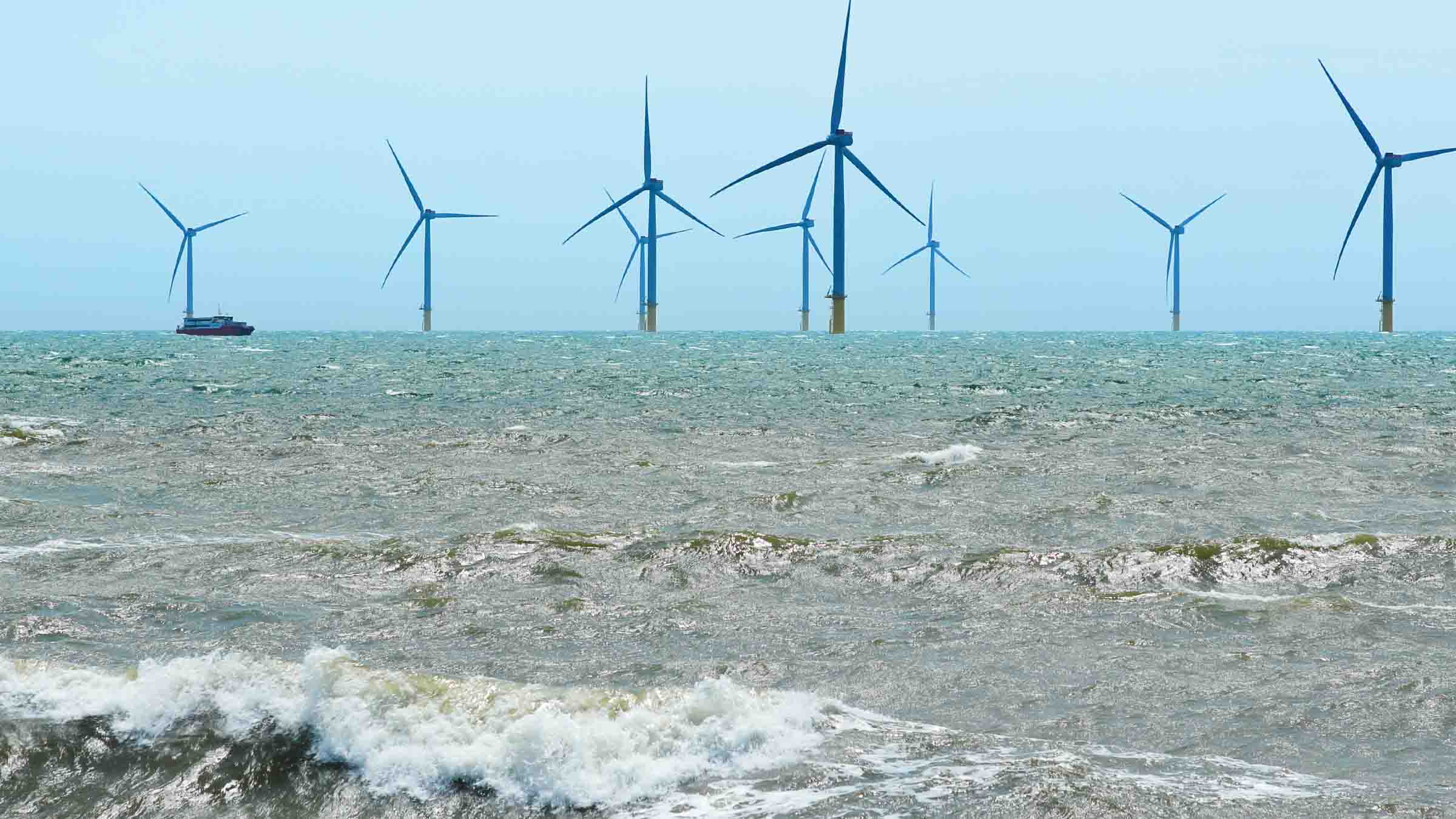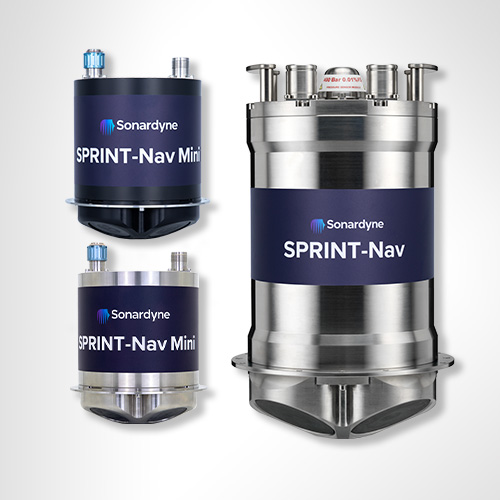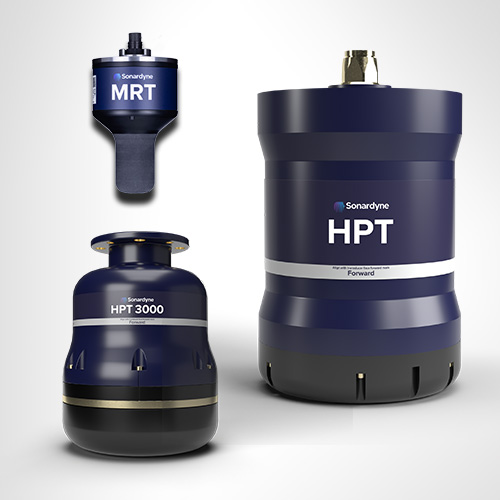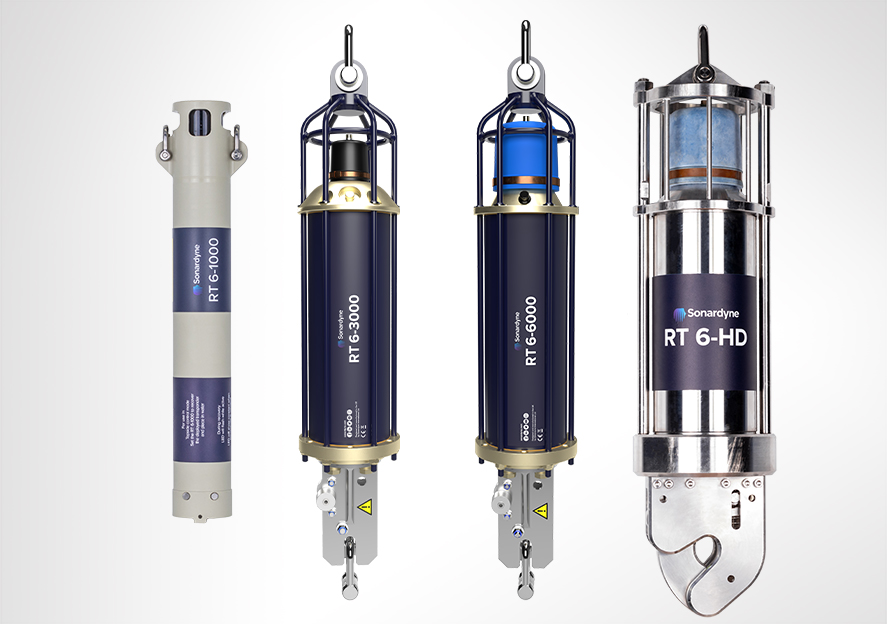
Energy
We deliver products and services which support offshore renewable wind energy projects and life-of-field operations in oil and gas.
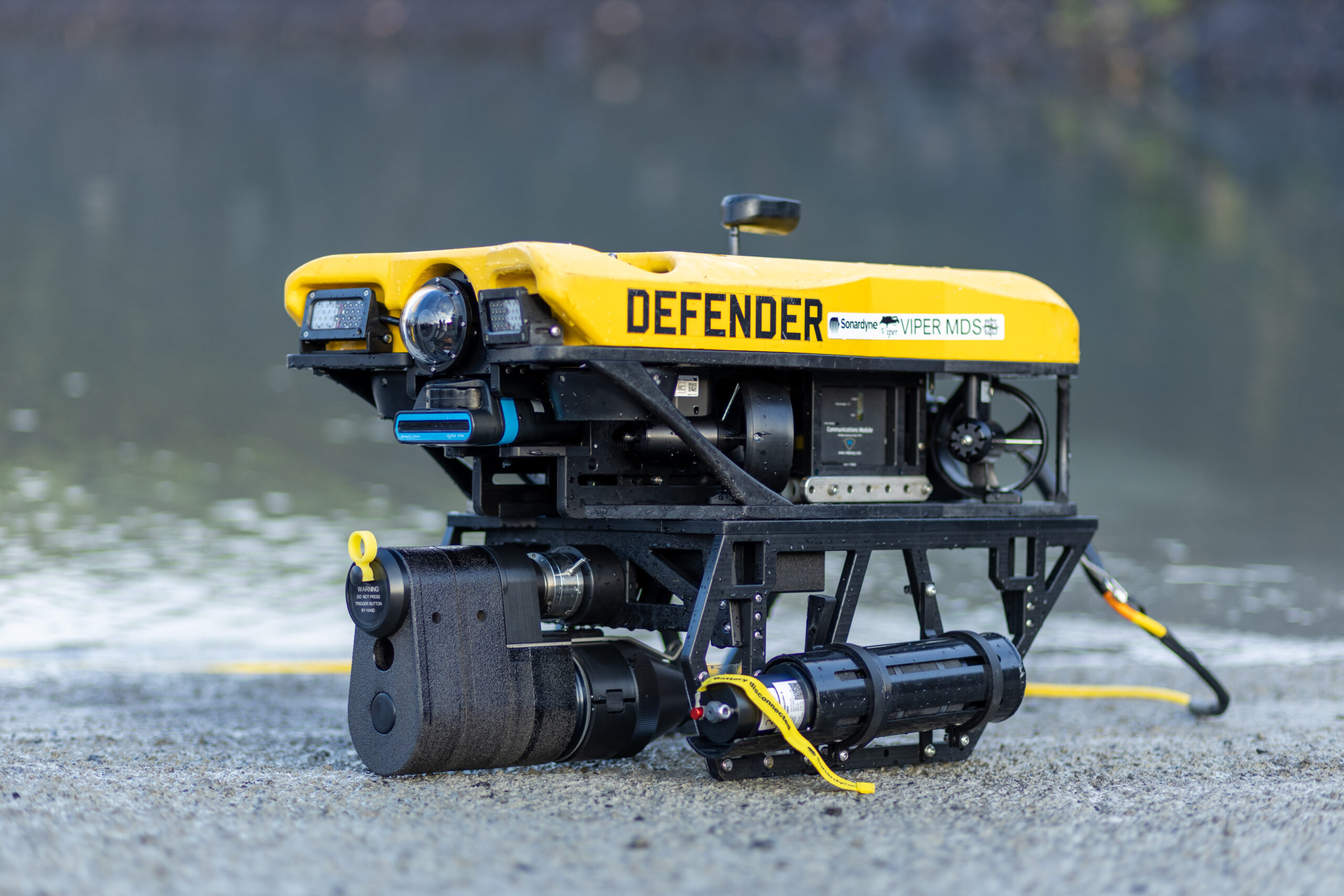
Defence
We produce force multipliers and services used to help advance maritime security and defence.
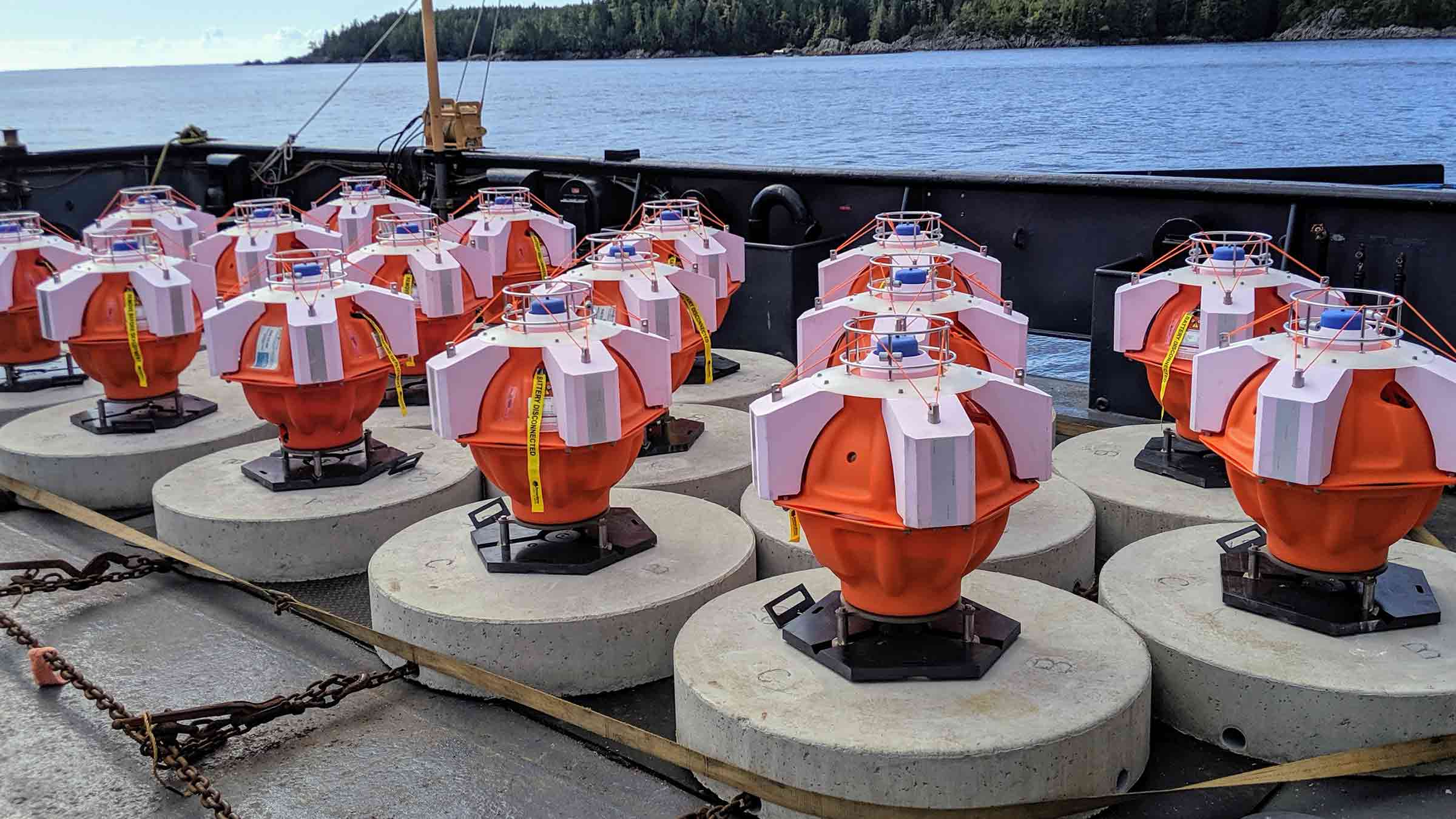
Science
We innovate design bespoke products and services which help support ocean and earth sciences, research and conservation.
A ‘custom-off-the-shelf’ product provides a timely solution for Dana Petroleum
Read moreAutonomous robots prepare to storm the ocean depths
Autonomous robots prepare to storm the ocean depths
Transponders provide reliable releases for Allton offshore Norway
Read moreWe are part of Covelya Group
Covelya Group aim for a safer, more sustainable world through engineering excellence and innovation. Sonardyne are part of the Covelya Group, along with our sister companies. We are part of a group of technology companies, working in Science. Energy, Environment and Defence that develop, manufacture, sell and support instruments, systems and solutions worldwide.
